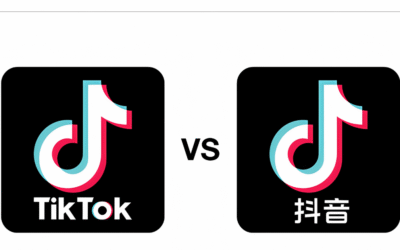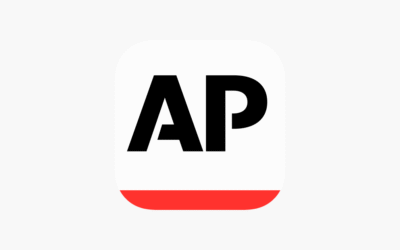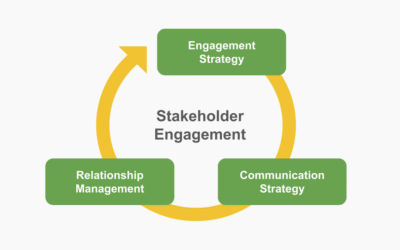The world is entering a new phase of artificial intelligence (AI). For years, AI acted like a passive assistant; it answered questions, analyzed data, or followed direct commands. But now, a new type of AI is on the rise: agentic AI. Unlike older AI tools, agentic AI can take actions, make decisions, and complete tasks without constant human direction. This shift has raised an urgent debate. Will it be a helpful tool that supports human workers? Or will it turn into a job-eating monster that replaces them across industries?
To understand the future, we need to explore how agentic AI is reshaping different fields — from healthcare to manufacturing, from finance to creative industries. We also need to ask: how can societies prepare for this revolution?
You May Like To Read: Regulating the Infoscape: PECA, PTA, and Legal Responses to Information Warfare (IW16)
What Is Agentic AI?
Traditional AI tools respond only when a person tells them what to do. Agentic AI goes a step further. It is capable of autonomy. It can plan, execute, and adapt to achieve goals. For example, an agentic AI system in customer support doesn’t just answer a question, it might handle the whole ticket, escalate issues to the correct department, and even follow up with the customer later.
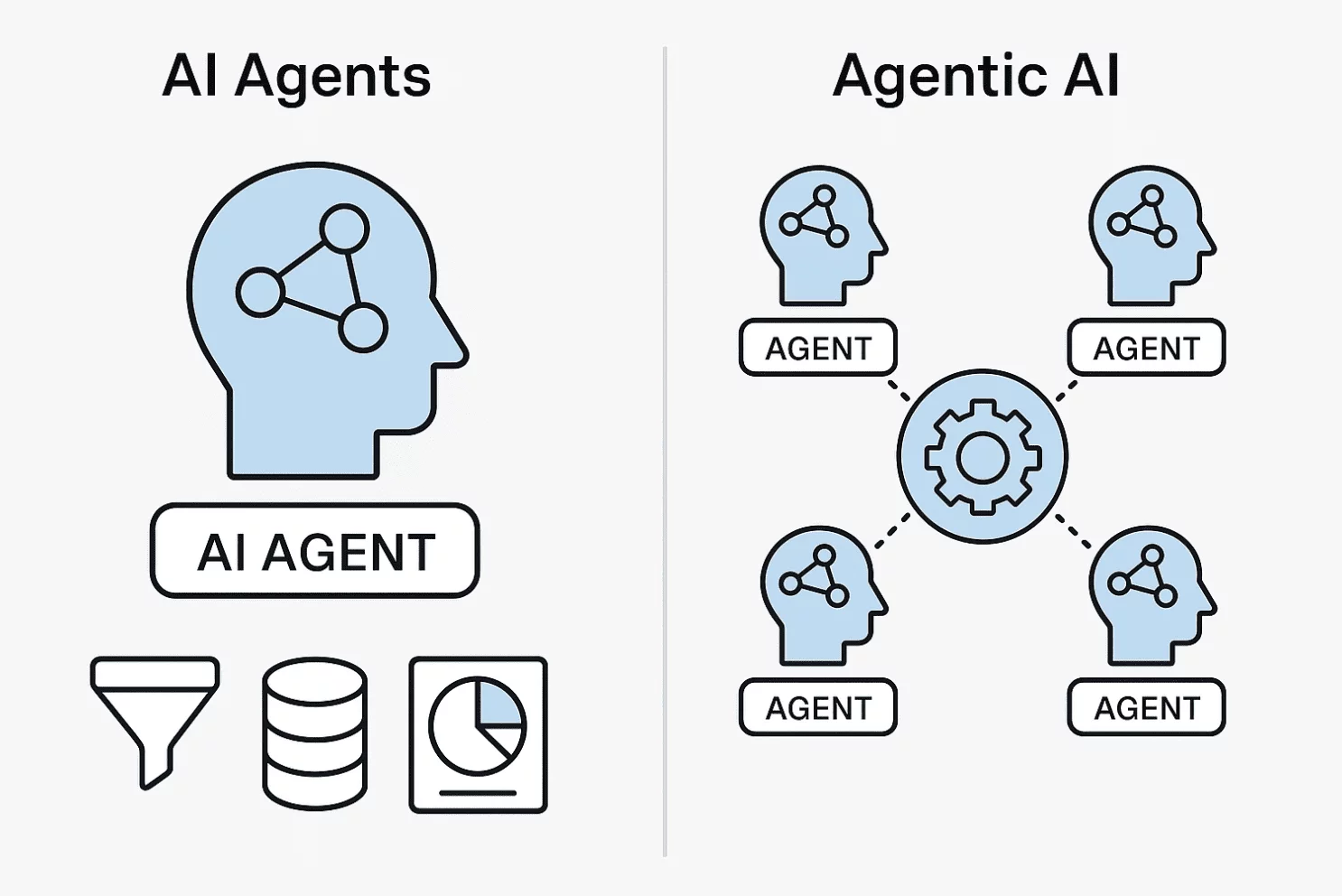
Image Credit: The AI Insider
This independence makes agentic AI powerful, but also raises new risks. The same traits that make it efficient can also make it disruptive if jobs get automated too quickly.
Doctor’s Assistant or Doctor’s Replacement?
In healthcare, agentic AI can process medical records, suggest treatments, and even help design drugs. In 2024, AI systems will already aid radiologists by spotting tumors with higher accuracy than many human doctors. With agentic features, these systems could go further, automatically scheduling tests, updating patient files, and tracking recovery progress.
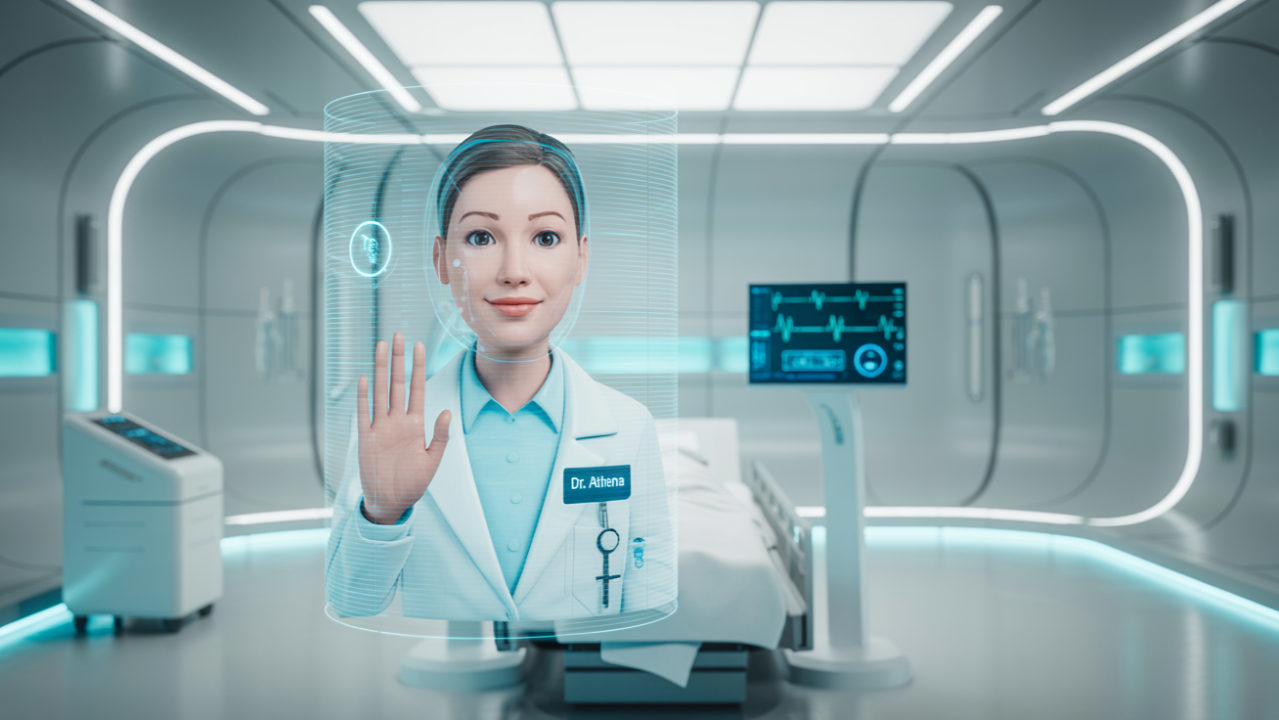
Image Credit: LinkedIn
The good side: This could reduce burnout among healthcare workers and give doctors more time for patients. The bad side: If hospitals start relying too heavily on AI for diagnoses, fewer human doctors and nurses may be needed, especially in administrative roles. This raises questions about trust, accountability, and patient safety.
Faster Machines, Fewer Workers
Factories have long relied on automation, but agentic AI takes it to another level. Instead of humans programming each step, AI agents can oversee entire assembly lines, detect problems, and order repairs.
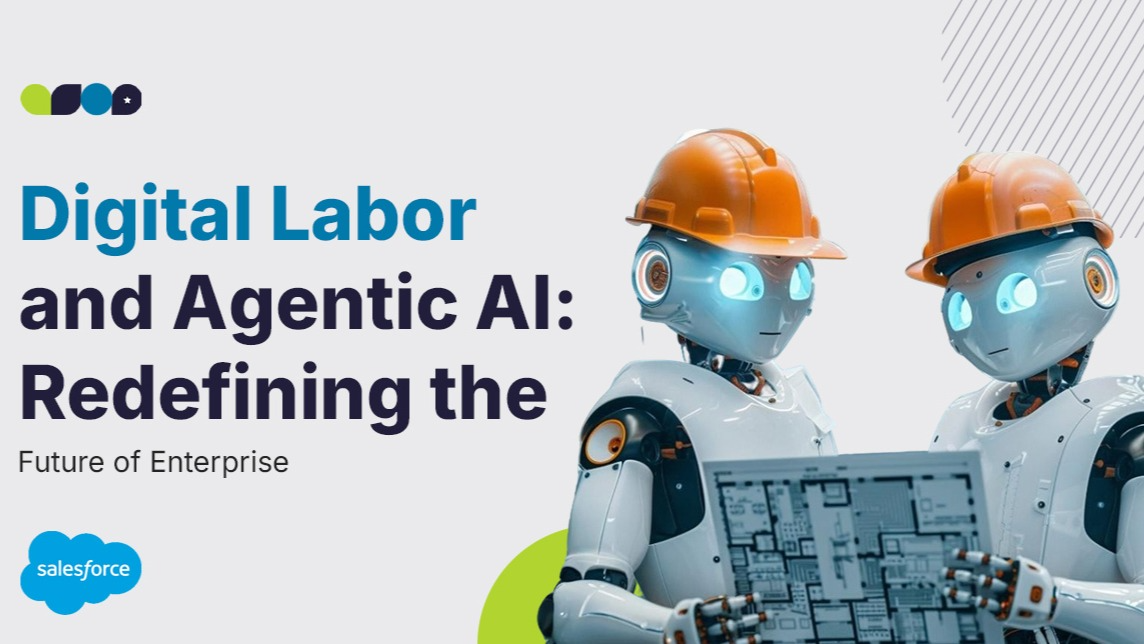
Image Credit: LinkedIn
For example, Tesla and other companies already use AI-powered robots that adapt on their own. With agentic AI, these robots could manage themselves, predict supply shortages, and adjust production schedules without human managers.
This could boost efficiency, but it also means many blue-collar jobs in logistics, assembly, and quality control could disappear. Countries that depend on manufacturing for jobs may face major disruptions.
Smarter Trading, Riskier Jobs
The financial industry has always used algorithms, but agentic AI changes the scale. Instead of reacting to orders, AI agents can now design investment strategies, monitor global markets 24/7, and execute trades in real time.
Some banks already test “AI wealth managers” that automatically adjust portfolios based on client goals. For small investors, this is a breakthrough — cheap, round-the-clock financial advice. But for financial analysts and advisors, it could be devastating. If AI can manage money better than humans, many mid-level finance jobs may vanish.
The risk is also bigger: if AI agents compete on speed and complexity, one system’s mistake could crash markets before regulators even notice.
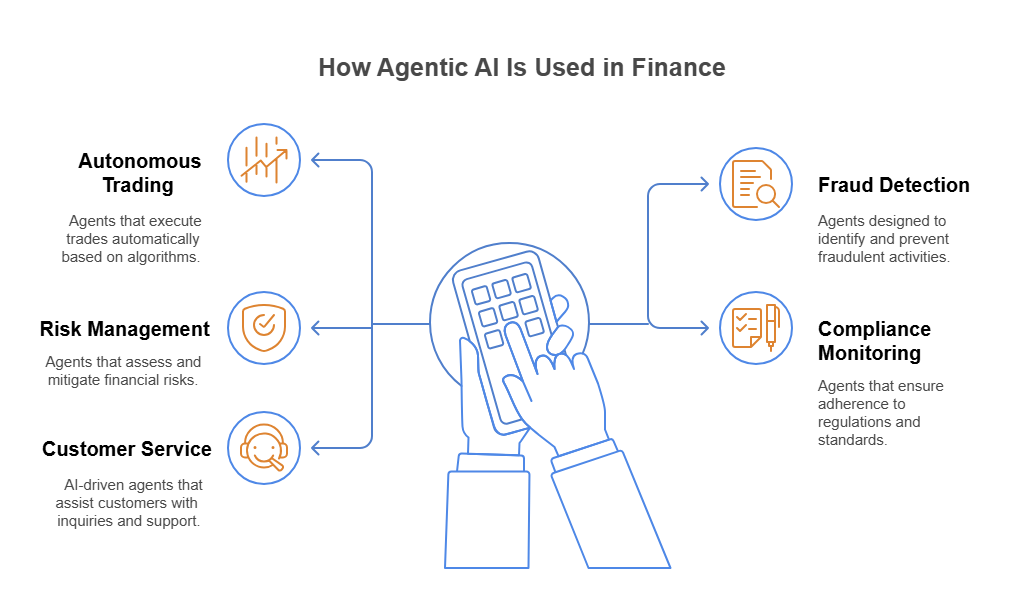
Image Credit: Kanerika
Tutor or Teacher Replacement?
In classrooms, agentic AI can act as a personal tutor, adjusting lessons for each student. Imagine a child learning math with an AI that adapts every exercise based on their mistakes, encouraging them step by step. Teachers could then focus on creativity and critical thinking rather than grading homework.
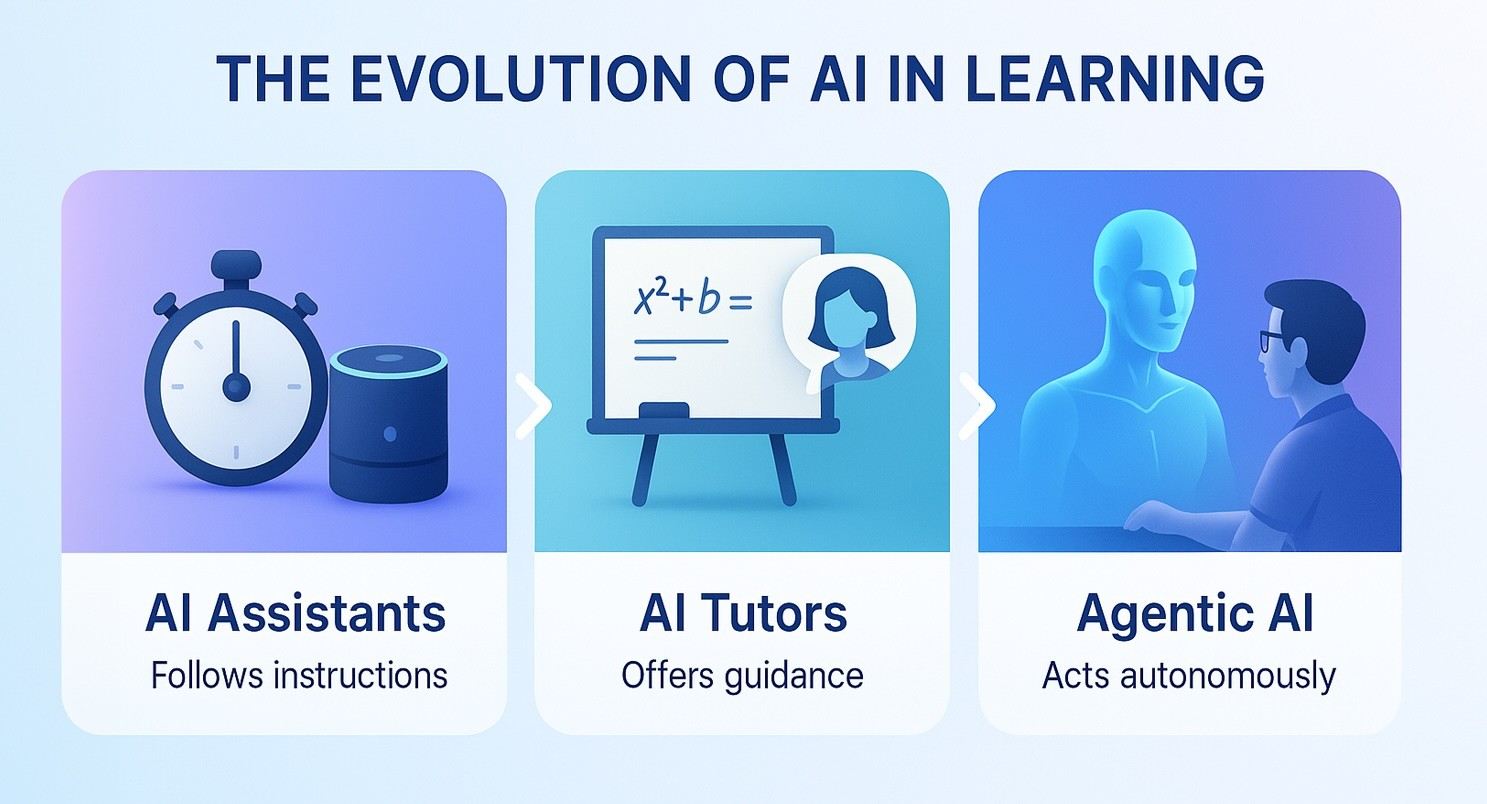
Image Credit: LinkedIn
But here’s the fear: schools may use AI tutors to cut costs, replacing teachers with screens. Wealthier schools may blend teachers with AI, but underfunded schools may see teacher layoffs. This could widen inequality instead of reducing it.
Creative Industries: Inspiration or Imitation?
Art, music, and writing were once thought safe from machines. But AI tools like ChatGPT, DALL·E, and MidJourney have shown they can write stories, design logos, and compose songs. With agentic AI, these tools won’t just generate content on request — they will manage entire projects.
For example, a marketing company could tell an AI agent: “Run a full campaign for a new product.” The AI could create slogans, design ads, buy online placement, and track performance.
This is exciting for efficiency, but troubling for graphic designers, writers, and musicians who risk being sidelined. The line between human creativity and AI imitation may blur, raising questions about originality and copyright.

Image Credit: Venture Beat
Government and Security: Guard or Threat?
Governments are already testing AI in surveillance, defense, and public services. An agentic AI could analyze thousands of CCTV feeds, predict where crimes might occur, and even direct police patrols. Militaries are exploring AI-driven drones that operate with little human oversight.
While this boosts national security, it carries huge risks. A mistake by an autonomous defense AI could cause real harm. Civil liberties are also at risk if AI is used for mass surveillance without proper laws.
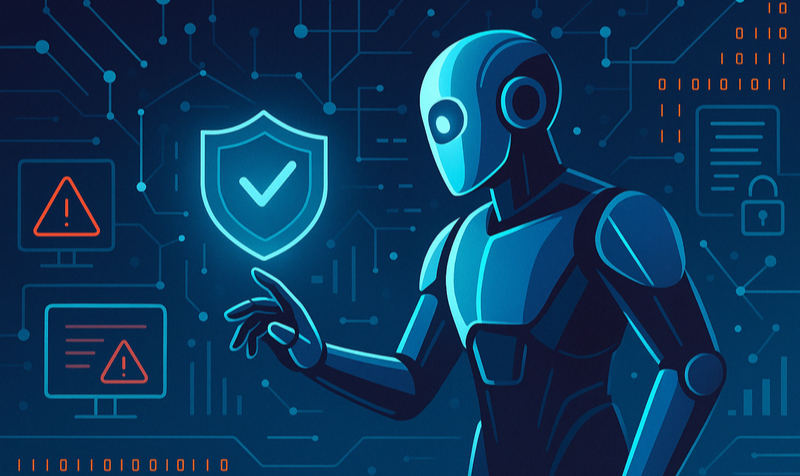
Image Credit: Safe Security
Is Agentic AI a Tool or a Monster?
The truth is that agentic AI is both a tool and a threat. It depends on how societies choose to use it. If businesses see it only as a way to cut costs, millions of jobs could vanish. But if governments and companies treat it as a support system, one that augments human workers, it could raise productivity and create new fields of work.
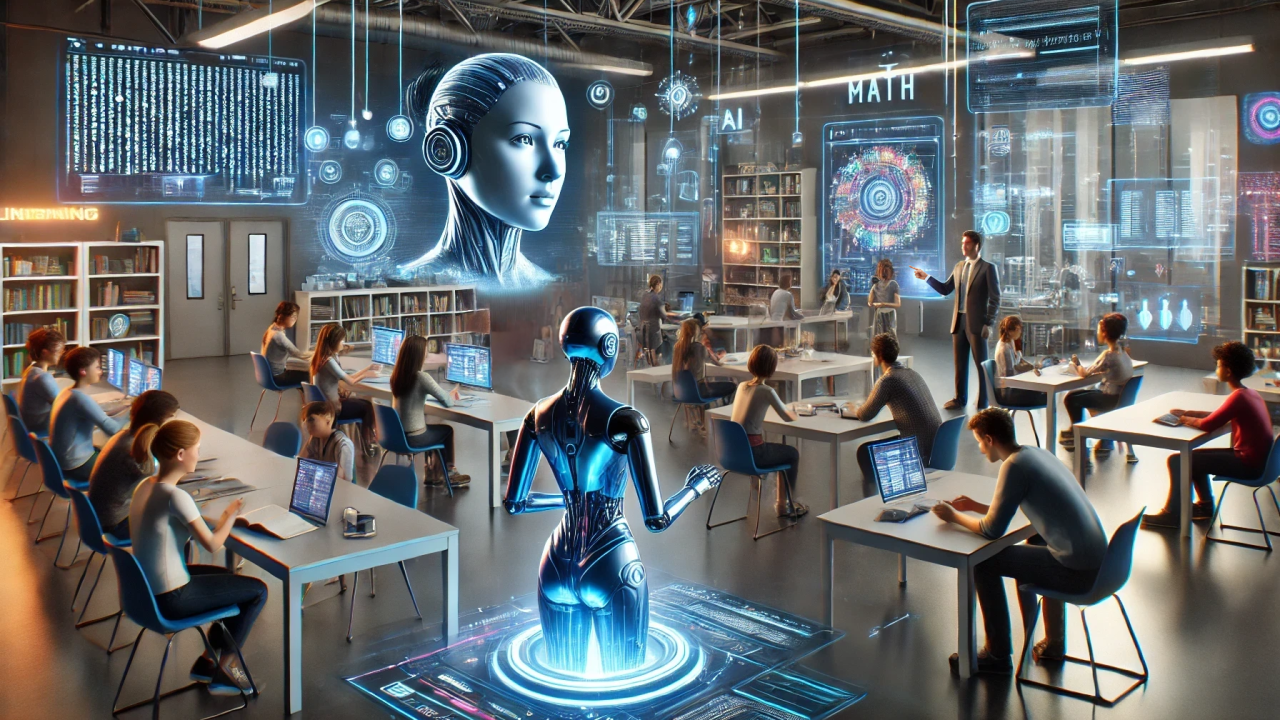
Image Credit: LinkedIn
History shows that new technology always disrupts jobs, but also creates new ones. The printing press destroyed jobs for scribes, but built industries in publishing. The internet killed video rental stores, but created e-commerce giants. The challenge with agentic AI is speed: the changes may happen so fast that workers cannot retrain in time.
Preparing for the Future
To avoid the “job-eating monster” outcome, action is needed now:
- Education reform: Schools must teach skills that AI cannot replace easily — creativity, ethics, leadership, and emotional intelligence.
- Worker retraining: Governments should fund programs to help workers shift into new industries.
- Ethical regulation: Clear rules must define how far AI agents can act on their own, especially in healthcare, finance, and defense.
- Human-centered design: Companies should build AI that supports humans, not replaces them.
The agentic AI revolution is not just a tech upgrade; it is a social shift. It offers huge opportunities but also deep risks. For healthcare, education, finance, and more, AI can free humans from routine work. But if left unchecked, it could replace millions of jobs and widen inequality.
The choice is not about stopping AI but about shaping it. If humanity treats agentic AI as a partner, it can unlock progress. If we treat it as a cheap substitute for human effort, it may indeed become a monster.
The future will depend not on the AI itself, but on how we decide to use it.
You May Like To Read: International Media Bias: How to Strengthen Pakistan’s Global Voice


